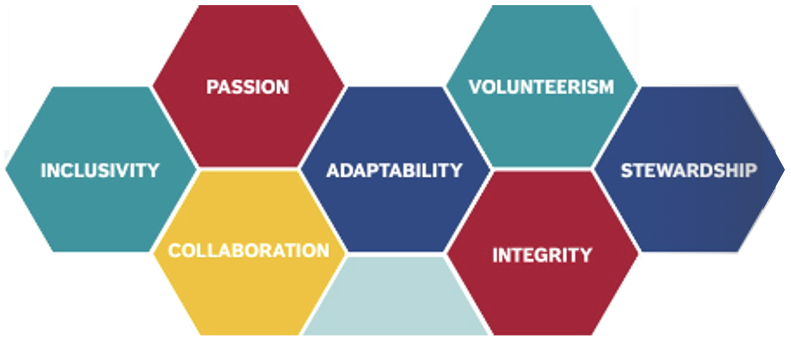- About ARCS
- National Leadership
- FAQ
- Diversity, Equity, and Inclusion
- Members
- ARCS Sparks Award
- ARCS National Luminary Award
- Scholars
- Partners
- Get Involved
- Ways to Give
- News
- Chapters Nationwide
- We have provided $142 million to more than 12,156 students selected by their universities for their outstanding potential to make a difference.
- Our 15 chapters partner with leading universities across the country, and we build industry partnerships to advance science in America.
- We are a 501(c)(3) charitable organization with a solid reputation. Contributions are not subject to administrative fees by the organization nor by the universities that distribute ARCS Scholar Award funds.
- 88% of alumni work in their sponsored fields.
- 74% continue to conduct research.
- 21% hold patents.
What We Do
Our Mission
ARCS (Achievement Rewards for College Scientists) Foundation advances science and technology in the United States by providing financial awards to academically outstanding students who are US citizens studying to complete degrees in science, engineering, math, technology, and medical research.

"Scientific innovation has always been a prime driver of American productivity, and our mission to equip STEM scholars with the skills necessary to pursue basic research will lead to new innovations and helps increase the standing of the US in the global economy."
–Jill Bray, ARCS Foundation National President
Award Impact
ARCS Awards are unrestricted grants that ARCS Scholars can use in any way that advances their academic progress and/or research program. More than 9 out of 10 Scholar Alumni say their ARCS Award had a significant impact by helping them—

Igniting Innovation, Supporting Scientific Discovery
ARCS Foundation believes that support of STEM education is essential to U.S. economic growth, technological competitiveness, and continued global leadership. To address the country's need for new scientists and engineers, we fund prestigious ARCS Scholar Awards to help the country's brightest graduate and undergraduate students create new knowledge and innovative technologies.
Northern California member Chris Simpson Brent describes what makes ARCS unique:
Sound Values, Meaningful Results
 Among our values is the belief that diversity, equity, and inclusion are critical to scientific excellence and innovation. Learn more about our DEI initiative.
Among our values is the belief that diversity, equity, and inclusion are critical to scientific excellence and innovation. Learn more about our DEI initiative.
ARCS Scholars continue on to positions of leadership and distinction in academia, industry, and government.
Meet some our notable ARCS Scholar Alumni.
